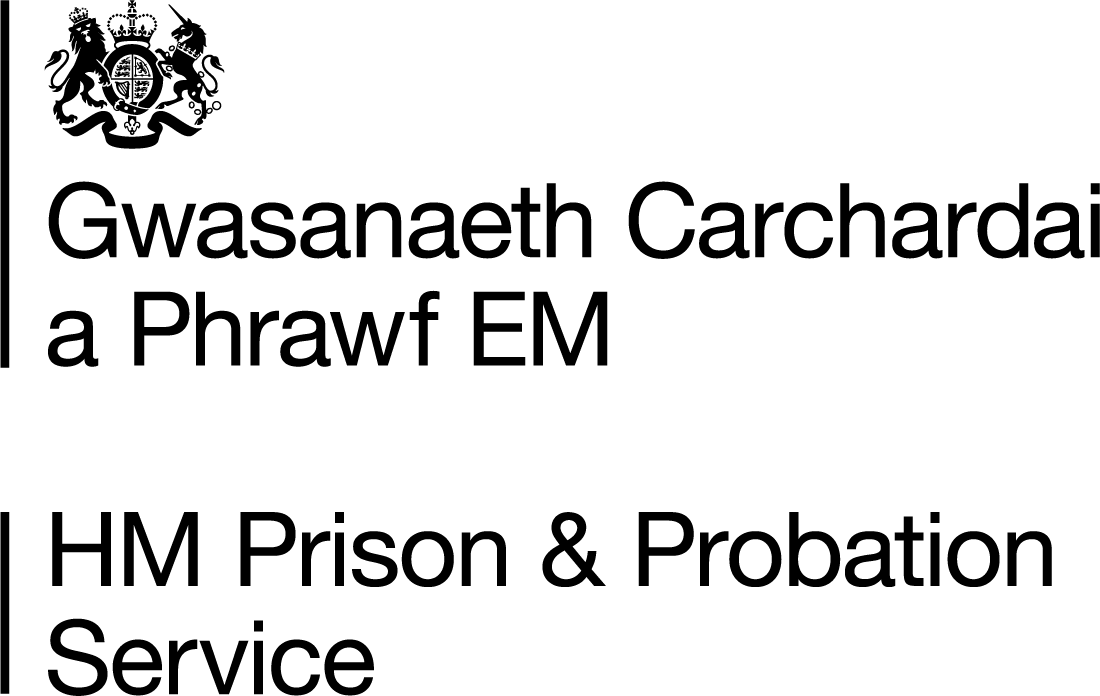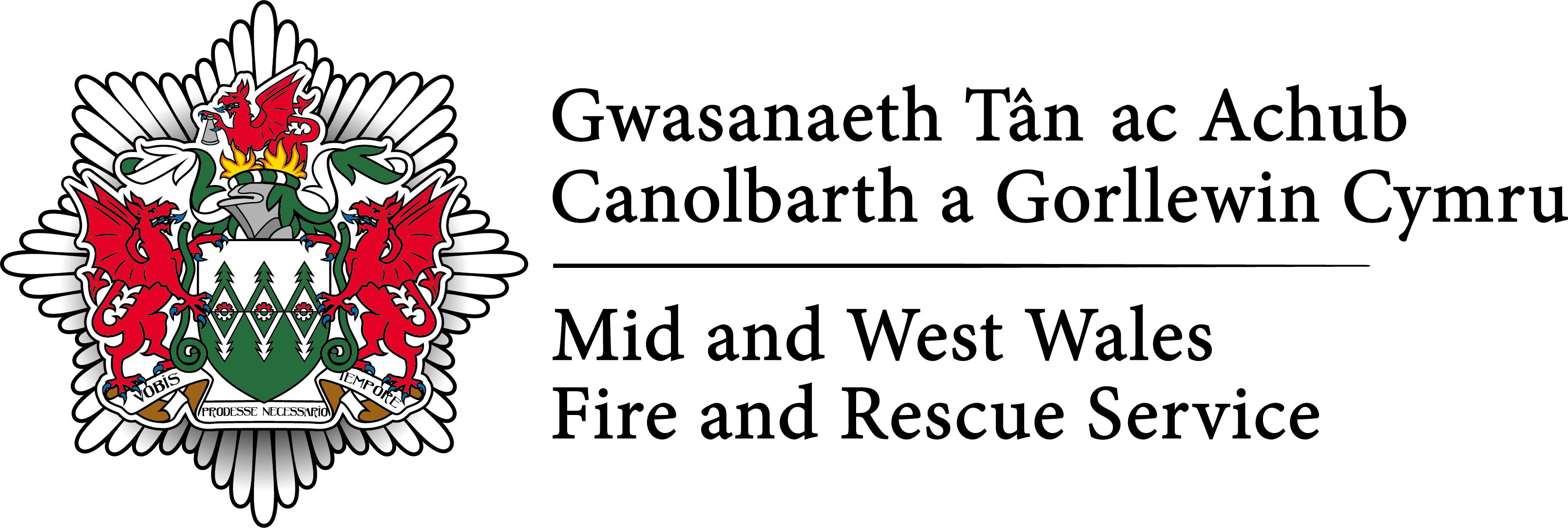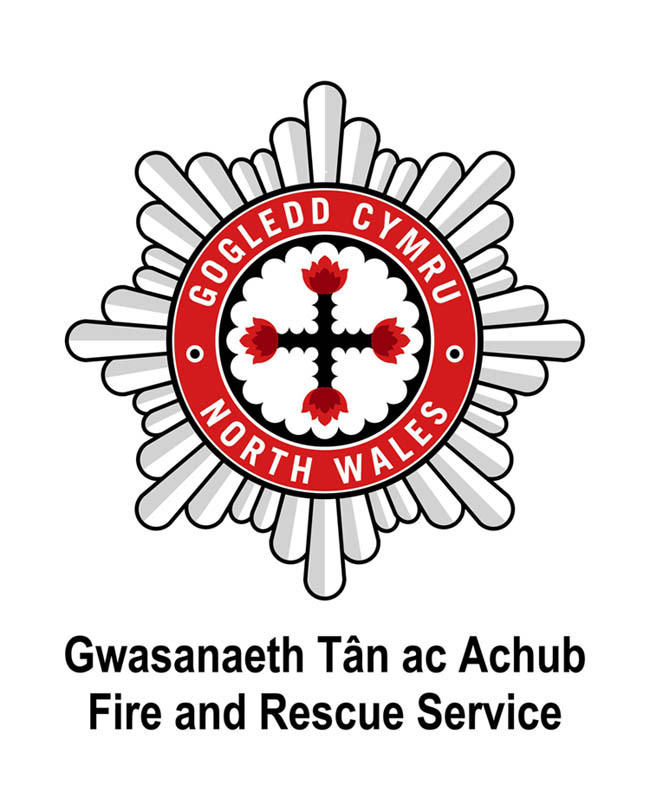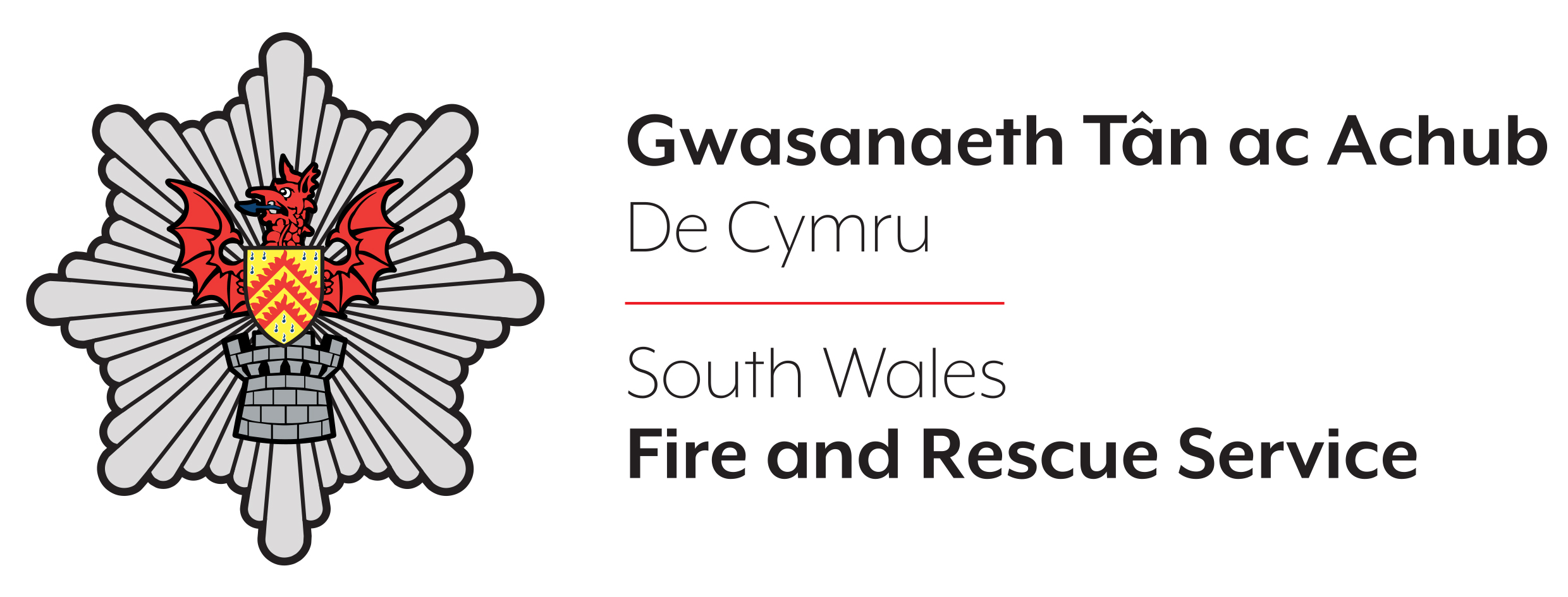Relevant legislation and conventions include:
- UK Bribery Act 2010
- Proceeds of Crime Act 2002
- Crime and Courts Act 2013
- Regulation of Investigatory Powers Act 2000
- Police and Criminal Evidence Act 1984
- Data Protection Act 1998
- The Criminal Finances Act 2017 (Commencement No. 4) Regulations 2018 introduced Unexplained Wealth Orders (UWOs)
- United Nations Convention Against Corruption










